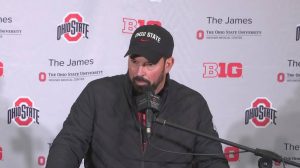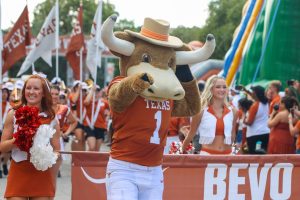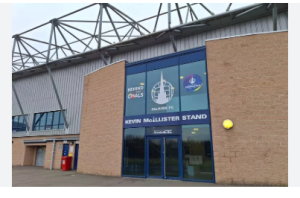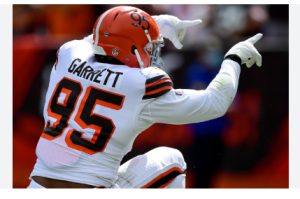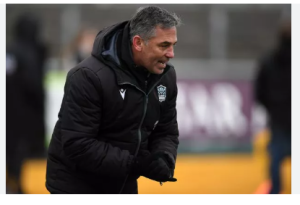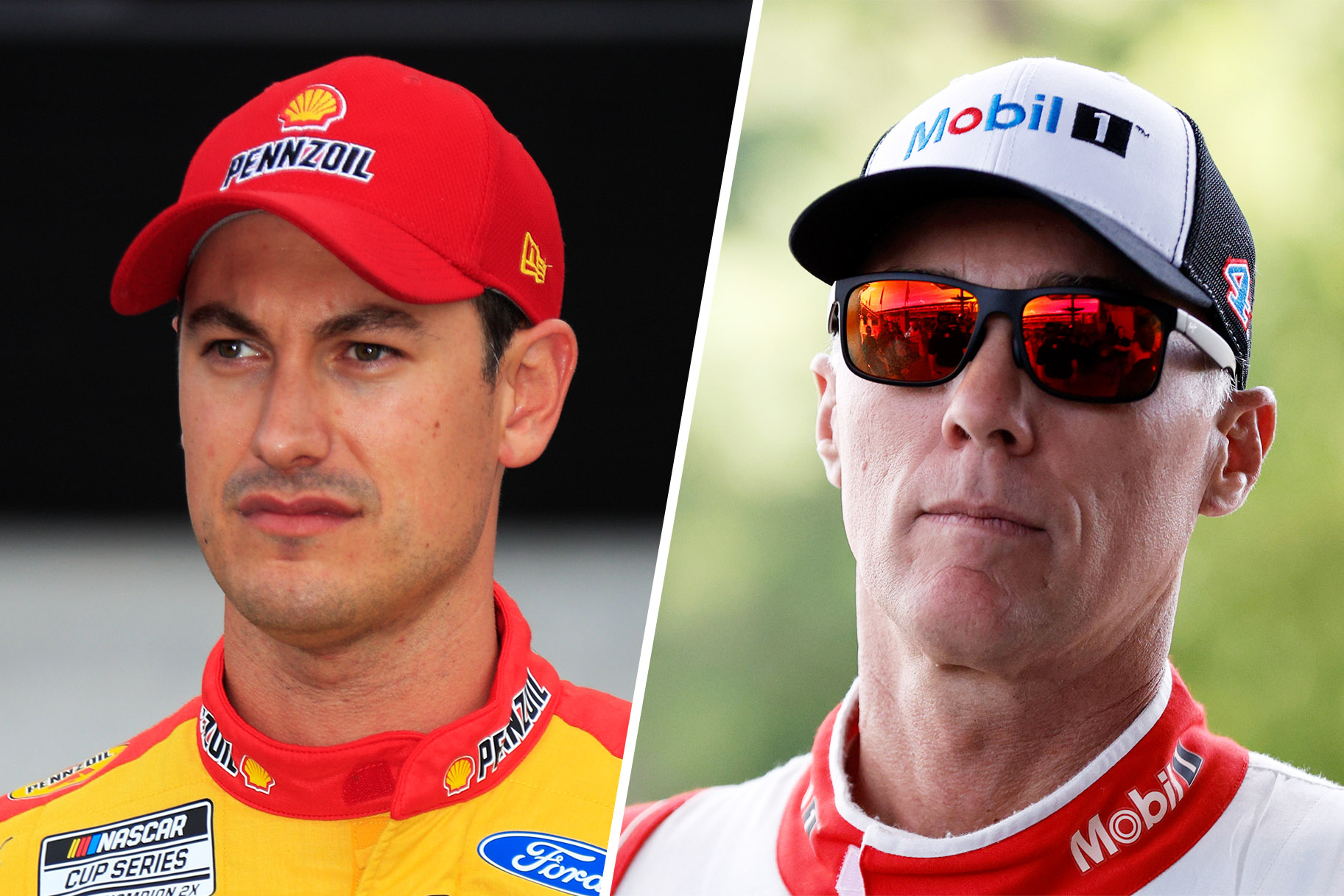
Kevin Harvick recently shared his thoughts on Joey Logano’s NASCAR penalty during an episode of the Kevin Harvick’s Happy Hour podcast.
Logano faced a $50,000 fine for revving his engine on pit road after the Cook Out 400, an incident that stirred controversy among fans and competitors alike. The fine came amid discussions about Austin Dillon’s penalty for wrecking Logano and Denny Hamlin on the race’s final lap, but Harvick’s focus was on Logano’s actions and the implications for safety.
Harvick acknowledged that while Logano’s frustration after the race was understandable, his behavior on pit road was unacceptable. “I think that Joey knows that was wrong,” Harvick remarked. He explained that Logano’s actions, which included revving his engine and spinning his tires in a congested area, were dangerous. Despite the fact that there were too many people on pit road—a situation Harvick agreed was problematic—he stressed that such behavior could not be tolerated.
Harvick candidly admitted to making his own share of mistakes but emphasized that revving an engine in such a setting is inexcusable. “Look, I’ve done some dumb things and I’m right there in the dumb category, but you can’t rev your engine,” Harvick said. He highlighted the potential risks to people on pit road, including children, families, sponsors, and officials, who were all put in harm’s way. The fact that Logano maneuvered past several officials before performing the burnout made the situation even more concerning.
The penalty came after a tense race where Logano had his victory snatched away by Austin Dillon’s controversial contact. Harvick suggested that Logano’s reaction was influenced by the frustration of losing a hard-fought win. “When you go back and look at the restart, I mean Logano just beat him on the restart,” Harvick explained. “Beat him fair, passed him clean and I think that’s also why Logano was a little bit frustrated, because he felt like he did a really good job, did it fair and square and then just got run over.”
Harvick empathized with all parties involved, acknowledging the tough scenarios each driver faced. However, he was relieved that NASCAR drew a firm line on acceptable behavior, given how low the standards had seemed to have fallen.
